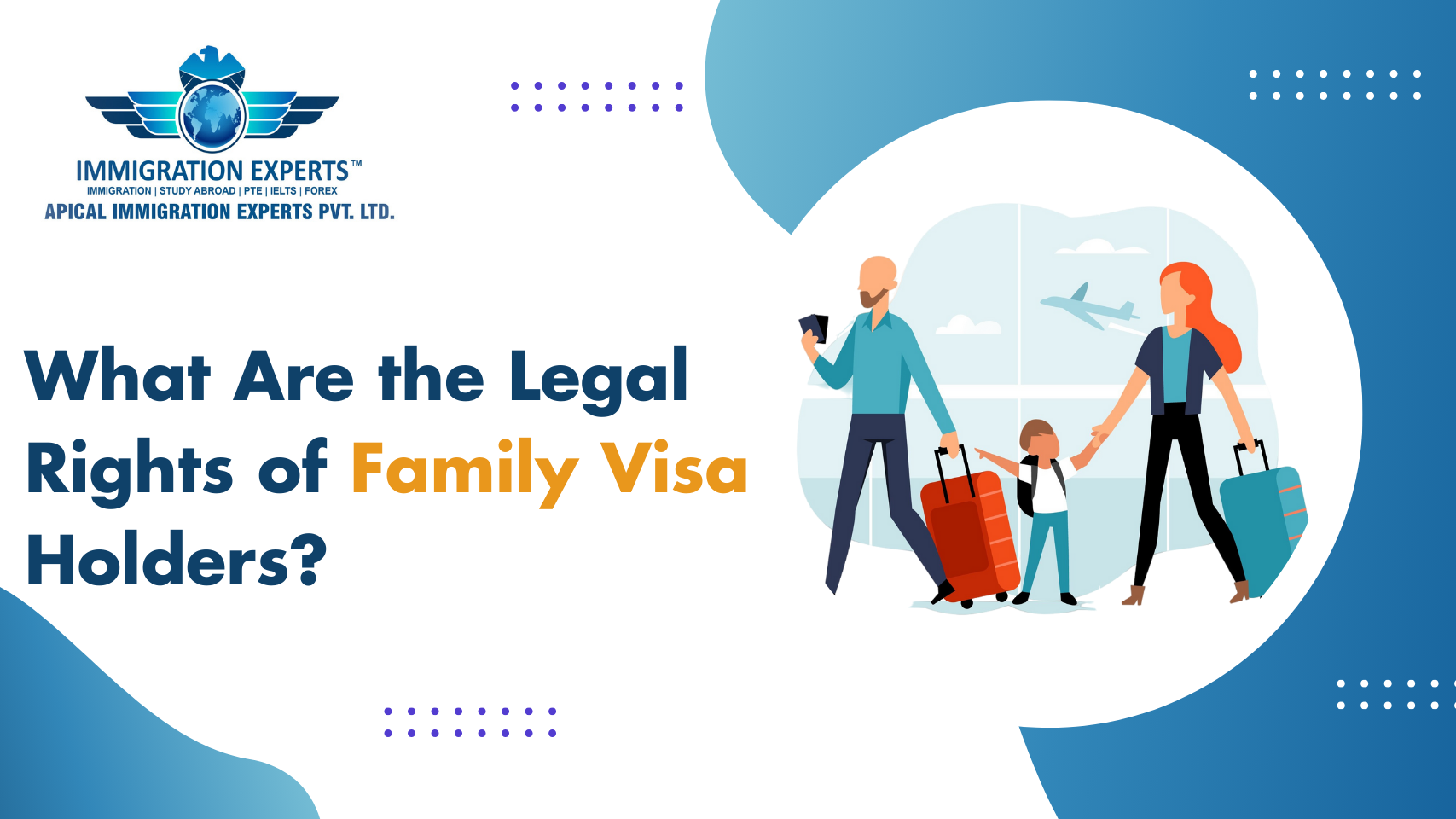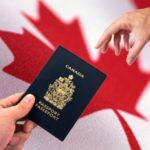Migrating to another country is a life-changing decision. For many people, being able to take their loved ones along is equally important as the career or education opportunities that bring them abroad. That’s where family visas come into the picture. These visas allow spouses, children, parents, and sometimes even extended relatives to live together in a foreign country.
But beyond living under one roof, many people wonder: What legal rights do family visa holders actually enjoy? Understanding these rights helps families plan their lives better, avoid legal pitfalls, and make the most of the opportunities available.
In this blog, we’ll explore the legal rights that family visa holders can typically expect, while also highlighting some important aspects that often get overlooked.
A Comprehensive Guide to Family Visa Holder Rights
-
Right to Reside with the Primary Visa Holder
The most fundamental right of a family visa holder is residency in the host country. This means spouses, children, or parents of the main applicant are legally allowed to live in the same country for the duration of the visa.
For families, this offers the emotional security of staying together and avoids long separations. It also creates stability, especially for children, who can grow up in one environment without frequent relocations.
-
Right to Education for Children
Many family visa programs allow dependent children to access the local education system. This includes enrolling in public or private schools, and in some cases, universities or vocational programs.
The exact benefits vary by country. For example, in some destinations, dependent children may receive free or subsidized schooling. In others, they might be charged international student fees. Parents should always check whether their children will be considered domestic or international students.
-
Right to Healthcare Services
Access to healthcare is a crucial concern for families. In many countries, family visa holders are entitled to public healthcare services, provided they meet certain conditions such as health insurance contributions or enrollment in the national system.
Some nations make it mandatory for visa holders to purchase private health insurance before granting a family visa. While this can be an additional expense, it ensures that dependents have access to medical facilities without facing unexpected financial burdens.
-
Right to Work (in Certain Countries)
One of the most sought-after rights for family visa holders is the right to work. This is not universally granted, but in many countries, spouses of skilled workers, entrepreneurs, or students are allowed to seek employment.
Having the right to work not only provides financial stability but also allows spouses to pursue careers, integrate into society, and contribute to the local economy. However, in some places, dependents may be restricted to part-time work, specific job sectors, or may require an additional work permit.
-
Right to Protection Under the Law
Family visa holders enjoy legal protection just like any other resident of the host country. This means they are entitled to fair treatment, access to legal remedies, and protection against discrimination or exploitation.
For example, if a family visa holder faces issues such as unfair dismissal from a job, housing disputes, or even domestic abuse, they have the right to approach local authorities and seek justice under the country’s legal system.
-
Right to Social Benefits (Varies by Country)
Some family visa holders may gain access to social benefits such as childcare support, unemployment assistance, or maternity benefits. These rights are usually tied to the immigration status of the main applicant and how long the family has been residing in the host country.
Not every country extends such benefits to temporary visa holders. In fact, many restrict benefits to permanent residents or citizens. However, knowing whether your family is eligible for these benefits can make a significant difference in financial planning.
-
Pathway to Permanent Residency or Citizenship
For many families, the long-term goal is to secure permanent residency or citizenship. Family visa holders often have a pathway to this, depending on the laws of the host country.
For instance, after living in the country for a certain number of years, family members may be eligible to apply for permanent residency. Later, they may even qualify for naturalization. The timeline, however, differs widely across countries, so it’s vital to understand the requirements in advance.
-
Right to Travel
Family visa holders are usually free to travel in and out of the country, provided their visa remains valid. In some cases, they may also enjoy visa-free travel to neighboring countries or regions (for example, Schengen visa holders in Europe).
This freedom of movement makes it easier for families to visit relatives back home, attend important events, or explore nearby countries together.
Insights Beyond the Basics
While the above points cover the most common legal rights, there are some less-discussed realities that families should prepare for:
- Dependence on the main applicant: In most cases, the family’s visa status is tied to the primary visa holder. If the main applicant loses their visa due to job loss or non-compliance, the family’s legal stay may also be at risk.
- Cultural integration rights vs. challenges: Having legal rights is one thing, but feeling integrated in society is another. Many family visa holders struggle with language barriers, cultural differences, and limited social networks. Governments sometimes provide integration programs, language courses, or community support — making use of these resources can be a big help.
- Limited autonomy in decision-making: In some countries, family visa holders may face restrictions in opening businesses, buying property, or applying for credit. Understanding these limitations beforehand can prevent financial or legal setbacks.
Conclusion:
Family visas are more than just documents; they are a bridge that keeps loved ones united while navigating life in a foreign land. While the exact rights vary depending on the country, most family visa holders can expect access to residence, education, healthcare, and sometimes employment. Additionally, they enjoy legal protection and, in many cases, the chance to work toward permanent residency.
The key is to stay informed, seek expert advice when needed, and make the most of the opportunities available. For families dreaming of building a life abroad, understanding these rights is the first step to a secure and fulfilling journey together.
Ready to bring your loved ones closer? Speak with our expert consultants today and explore the best family visa options for your future.
Email: info@immigrationxperts.com
Call us: +91-9999467686, +91-8447-696555
FAQs on Family Visa Holders’ Rights
- Can family visa holders work in every country?
Not always. Some countries grant immediate work rights, while others require a separate permit. It depends on local immigration policies. - Do children on a family visa get free education?
In many countries, yes. However, some require international student fees, especially at higher education levels. - Are family visa holders entitled to healthcare?
Most countries provide access to healthcare, but conditions vary. Some require private health insurance, while others allow entry into the public system. - Can family visa holders apply for permanent residency?
Yes, in many countries, dependents can apply for permanent residency after meeting residence requirements, often alongside the main applicant. - What happens if the main visa holder loses their status?
In most cases, dependents also lose their right to stay. Some countries allow dependents to switch visa categories to maintain legal status.






